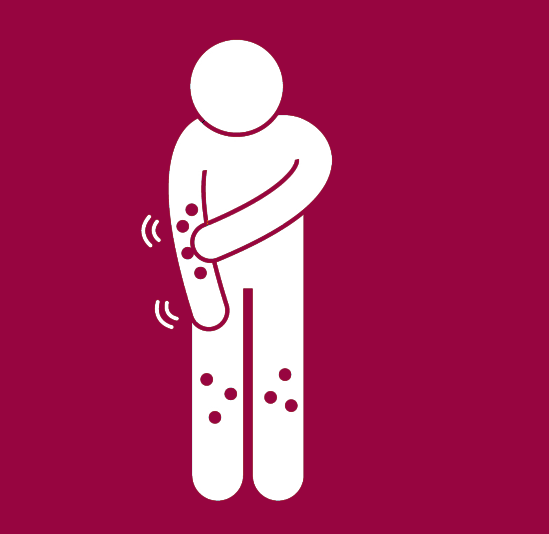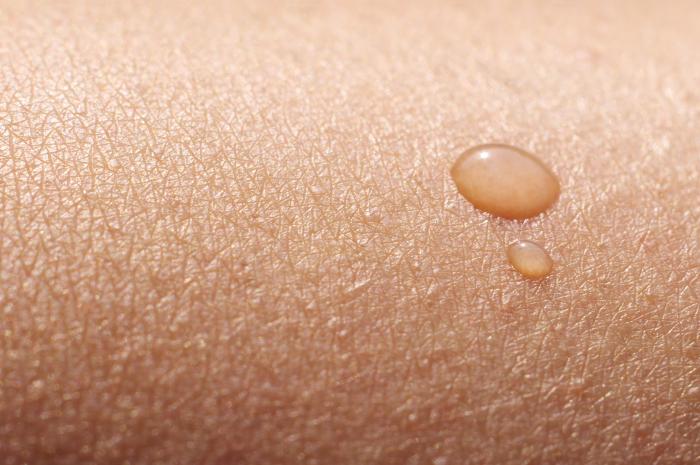Do I have eczema – what are the symptoms?
The term eczema literally means "to boil over", which is a good way to describe the irritation and inflammation of the skin associated with the condition.
The distinction between the use of eczema and dermatitis to describe skin disorders can be confusing. Many people use the term eczema to refer specifically to atopic dermatitis – a condition known to affect allergy-prone individuals. It typically appears on the face, in the bends of the elbows and behind the knees and is very itchy.
Why do I have eczema or dermatitis?
Atopic eczema often begins in the first few months of life, when the gut wall is more porous, thus allowing food allergens to enter the blood. Red, weeping lesions may appear on the face, scalp, nappy area and extremities. In older children and adults symptoms may be more localized and chronic. The condition is largely an inherited one, linked with other allergic conditions such as asthma and hay fever.
Other contributing factors to eczema include:
- poor immunity
- intestinal permeability
- low stomach acid
- contact with irritants such as perfumes, cosmetics, medicated creams, metal alloys and latex.
Stress, especially chronic tension can trigger or exacerbate eczema.
Dermatitis is characterized by similar symptoms as eczema, but does not involve the same inherited factors or links with asthma hay fever. It is usually linked to sensitivities and the culprit may be food or environmental.
How can Foodwise help?
Do you have an issue with eczema or dermatitis? Foodwise can help.
Anti-inflammatory steroid medications, anti-histamines and special creams are not your only options.
We have all the nutritional information and dietary advice to help you manage eczema and dermatitis and prevent flare-ups.
Join nowHow does healthy nutrition help treat eczema and dermatitis naturally?
Food or medicine?
We know that nutrients found in foods can help prevent nearly all the common degenerative diseases that strike us today. Managing eczema and other inflammatory skin conditions is no different.
The most effective way for reversing eczema and maintaining health and vitality are in nutritional components found in foods, not pharmaceuticals.
In addition to avoiding allergens and irritants, there are a number dietary and lifestyle changes that can effectively relieve the symptoms of eczema and dermatitis.
Because allergens often trigger flare-ups, an anti-eczema diet typically avoids:
- any common food allergens such as eggs, wheat, nuts, soy and cow’s milk,
- high-sugar and refined or processed foods that stimulate inflammation
- meats and dairy products containing saturated fats.
Successful management of eczema and dermatitis focuses on identifying food allergens, improving digestive health, identifying nutritional deficiencies, avoiding known triggers and consuming plenty of fluids, as well as the appropriate use of natural supplements and home remedies.

